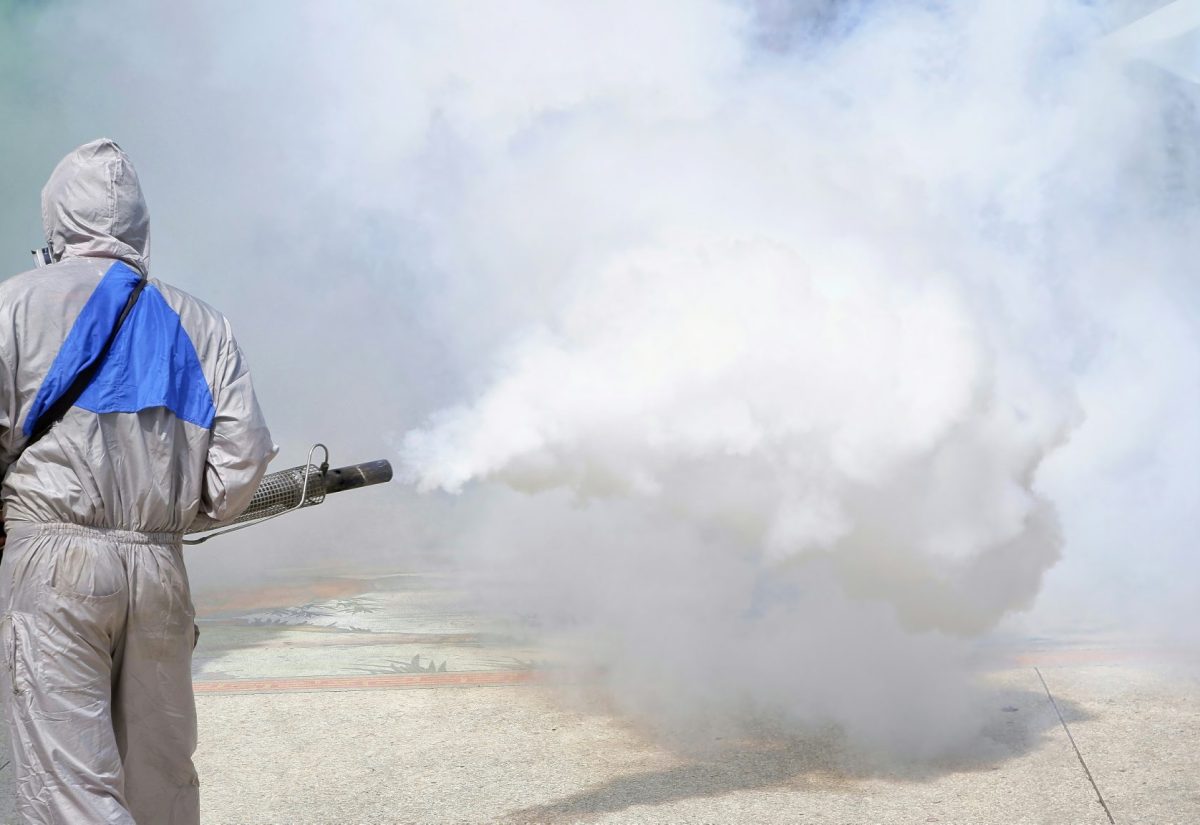St. Thomas Residents Urged to Continue Destroying Mosquito Breeding Sites
By: , January 17, 2024The Full Story
The St. Thomas Health Department is calling on residents to continue the measures to keep their surroundings free from mosquito breeding, as the dengue virus “remains a challenge” across the parish.

According to Medical Officer of Health for the parish, Dr. D’Oyen Smith, the mosquito index has been reduced to 16.2 per cent, coming down from 19.4 per cent, with water drums producing more than 83 per cent of the pests, followed by unused tyres.
The index means that the number of breeding sites found in relation to the number of premises inspected, has declined.
“We have to continue with our measures, searching our homes for breeding sites, even once for the week,” he told the recent Monthly Meeting of the St. Thomas Municipal Corporation.
“We are still trying to get community members “to help with further reductions”, he added.
The parish continues to record the highest rate of 696.1 cases per 100,000 population, followed by Trelawny (551.7), and Hanover (497.5).
The highest number of dengue cases continues to be observed in the five to 14-year-old cohort at a rate of 885.3 cases per 100,000 population.
As of Thursday, January 11, 2024, the country had on record 1,534 confirmed dengue cases.
While dengue serotypes 2, 3 and 4 have been identified among the population, dengue serotype 2 remains the dominant strain.
At the same time, there has been a total of 19 dengue-related deaths – 13 classified as suspected and six as confirmed.
Members of the public are urged not to use aspirin, diclofenac, ibuprofen, or any of the medications/pain relievers known as non-steroidal anti-inflammatory drugs (NSAIDs). These drugs, when used to treat the fever in dengue, have been known to increase the severity of the disease.
In an advisory from the Ministry of Health and Wellness, Chief Medical Officer (CMO), Dr. Jacquiline Bisasor-McKenzie states that “persons are asked to play their part in ensuring that the dengue cases are minimised by monitoring water storage containers for mosquito breeding, keeping surroundings free of debris, destroying or treating potential mosquito breeding sites, wearing protective clothing and using a DEET-containing mosquito repellant”.




